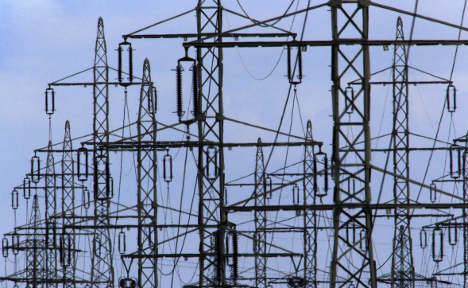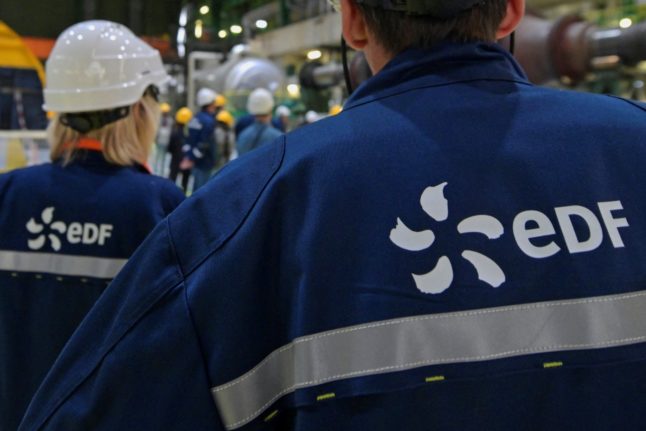According to a report in the Frankfurter Rundschau newspaper, the Economics Ministry has revealed that 159 large companies have applied for a special exemption from grid charges up until December 2, way more than was announced by the various industry associations.
The new exemptions for intensive energy-consuming companies were brought in – almost without anyone noticing – by the German government during the summer. It was only revealed last month that this would increase electricity bills for everyone else.
The grid charges are meant to cover the maintenance and extension of Germany’s power grid, which has to be adjusted followed the government’s decision to shut down its nuclear power stations by 2022.
According to the exemption, companies that use more than 10 million kilowatt hours per year will not have to pay.
Following an initial report by the newspaper about the special exemption, industry associations denied that it would have any impact on consumers, since only around 20 companies would apply. That statement has now been revealed as untrue.
Green Party MP Ingrid Nestle, who made the official information request to the ministry, was incensed by the discrepancy. “The industry is trying to manipulate us with false numbers,” she said.
It is unclear how much the exemptions will cost private consumers, but the Economics Ministry estimates that it will come to at least €231 million – an increase of 0.75 cents per kWh, between €26 and €40 per year for a three-person household.
Nestle is particularly angered by the surreptitious nature of the deal. “We need a transparent discussion about exempting energy-intensive industries, not midnight deals with lobby groups,” she said.
She also called for the “brazen gift” to the energy-guzzling companies to be taken back.
The Local/bk



 Please whitelist us to continue reading.
Please whitelist us to continue reading.
Member comments